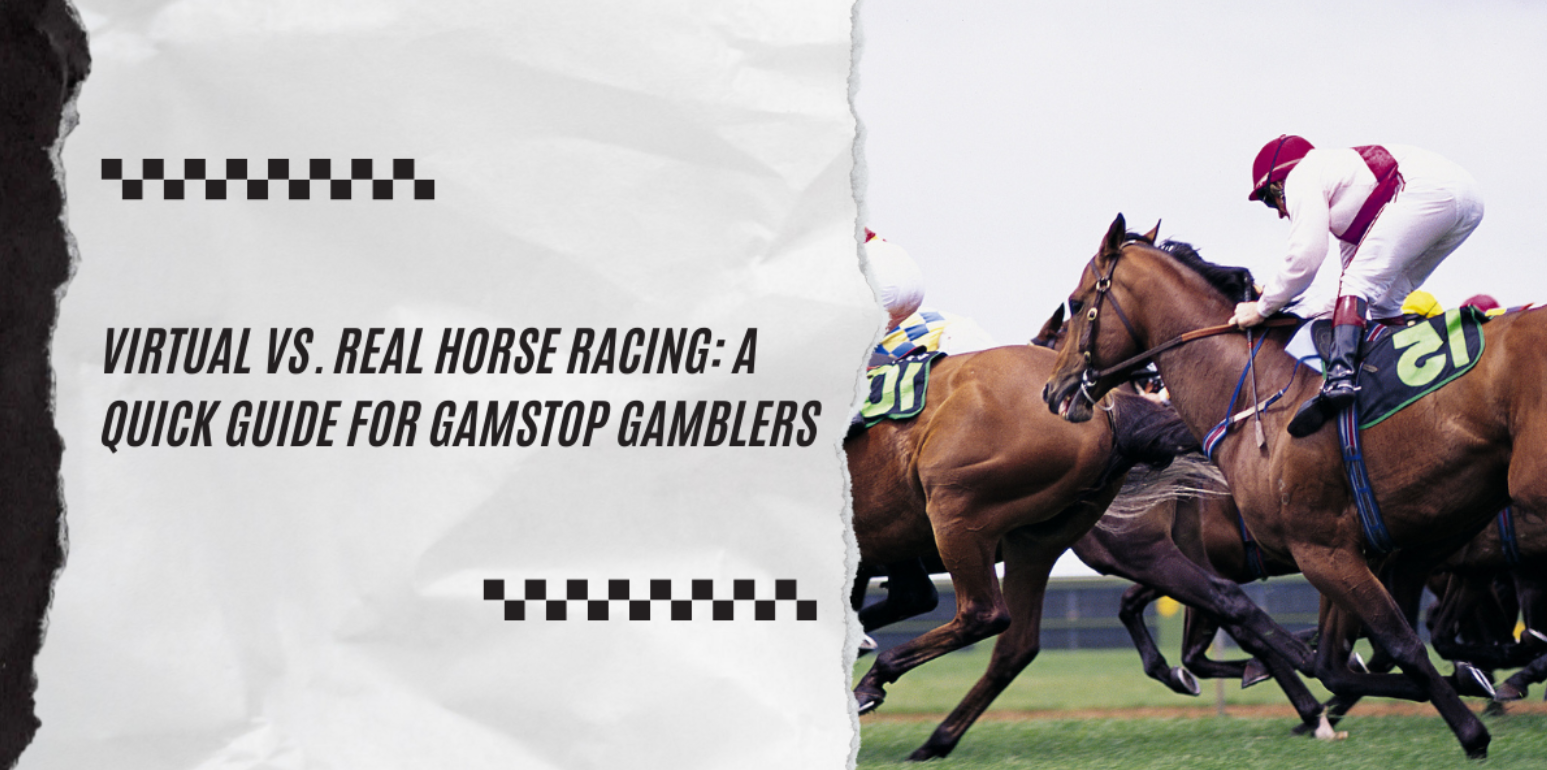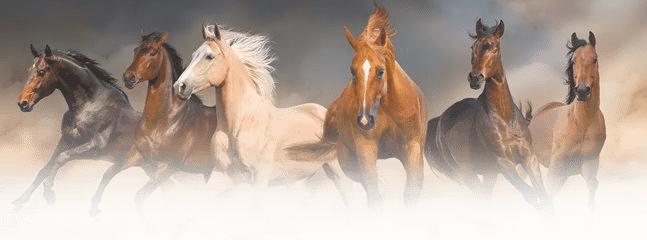
Horse racing in all its forms has been a noticeable presence for centuries. To such an extent that it is one of the most easily accepted sports on which to make a wager. Defining the landscapes of countries around the world, the sport has not been without its fair share of transformations.
The latest transformation to the sport has been the introduction of virtual horse racing. As written in the NonStop article about horse racing, the rise and popularity of this kind of horse racing have been due to primarily a need by punters to have access to related sports events all the time. This has allowed for the growth of an industry already worth billions of dollars to transform and transcend while remaining prominent and relevant.
Features of Virtual Horse Racing
We are living in the 21st century, and it is only normal that new variations of the traditional aspects of life appear. Sports – and, in particular, horse racing – is no different. Virtual horse racing events have gained immense popularity among both newcomers and seasoned bettors, even though they differ from their traditional counterparts a great deal. Below, we’ve analysed some of the unique aspects of virtual horse racing.
GamStop Can Restrict Your Bets
Virtual horse racing is accessible through some of the largest bookmakers on online gambling platforms. For horse racing punters, this may seem like a treat due to the sport’s easy accessibility.
Virtual horse racing can be like playing a game of slots. The races are short, the action fast and it’s always best to remember that the odds are often in favour of the house. Thus it would be easy for gamblers who may be vulnerable to be easily swayed and bet more than their means. All these platforms are UKGC licenced, which means that they are registered with GamStop as well. Responsible gamers know when to call time out.
No Live Horse Racing Action
This is probably one of the strongest arguments in the opposition of virtual and real horse racing. Virtual horse racing takes place on a virtual platform. The race is in an animated video format, set on a virtual racecourse where participants can compete in events. In fact, it is closer to horse racing shows rather than the actual race, although the race presents the punter the opportunity to make a bet, almost as in a regular horse race and generates the same thrill.
Races are Quick and Take Place 24/7
The attraction of virtual horse racing has been the accessibility of the virtual sport. There are races which take place on a 24/7 basis.
Betting on virtual horses though differs from that of traditional horse racing. All bets made are purely on the odds presented by the bookmaker.
This does not mean, though, that the races will always be against the punter. In a slot game, though the odds for the house to win are there, the race outcomes are generated by a random number generator program. Not even the house is aware of who will win the race.
No Bad Weather and Horse Injuries
Races run are not hindered by the constraints experienced by real horse racing. There are no delays or cancellations due to the weather, injuries, or jockey handicaps – nothing. Races run for between 30 seconds to about 3 minutes. The fast pace and races run mean the punter can access this platform at any time through their preferred device.
All horses do not have a history – breeding stats, past races, or jockey information. Betting information is provided by the odds set by the bookmakers. This does not mean though that the races will always be against the punter. Like in a slot game, though the odds for the house to win are there, the race outcomes are through a random number generation program. Not even the house is aware of who will win the race.
Features of Real Horse Racing
A day at the race track is as traditional as a day at the fair. The ambience of the tracks will always be a standard for many horse racing enthusiasts. These features express the reason why the sport has been popular for the longest time and will continue to be so.
It’s Not Purely the Game of Chance
Any horse racing enthusiast will tell you that there is a science to winning at the horses. This skill requires patience, focus and, more importantly, an appreciation for the horses. This sport is approved by many international authorities all over the world.
Though the result of a race may have its share of thrills and surprise outcomes, the expert punter lays their bet based on information. The breed of the horse, the experience of the jockey, the condition of the race track – right down to the weather. These are all algorithms that find their way to determining race outcomes. The variables are numerous and the outcomes based on these variables provide the suspense-filled drama to the finish line.
So, the game is not all about chance, but rather an art learnt and refined through time.
Social Interaction with Other Horse Racing Fans
As in most gambling activities, horse racing’s social aspect has grown to become an industry within itself. Prominent racing events have become engraved into the culture and found their way onto more than one punter’s bucket list.
Prominent events like the Pegasus World Cup, the Dubai World Cup, Kentucky Derby are just a few of the names that even non-horse racing fans recognise. They become social events where the elite of the racing industry gather for huge prizes before thousands of onlookers.
Because of the attraction to the events, they can generate millions of dollars for regions, allowing the industry to generate revenues to the billions of dollars worldwide.
Conclusion
Traditional horse racing may be viewed as being nostalgic and outdated, but a day at the horses has not dampened the enthusiasm for people to still engage in the equestrian sport. It is popular to the extent that even celebrities from other kinds of sports fall for its allure. For example, Keith Gillespit, the Newcastle United winger bet on horses to the extent it affected his career in the football club.
With each change in the sports seasons, there are both new and classic ways the sport is still able to grab the interest of new audiences: virtual racing, real-life horse events, dressage, and so on. Whether it’s through the virtual horse racing platforms or the fanfare generated during major horse racing events. The industry sees continued revenue growth each year, meaning that there is renewed interest every time. Therefore, punters and enthusiasts alike are spoilt for choice all the time.





















